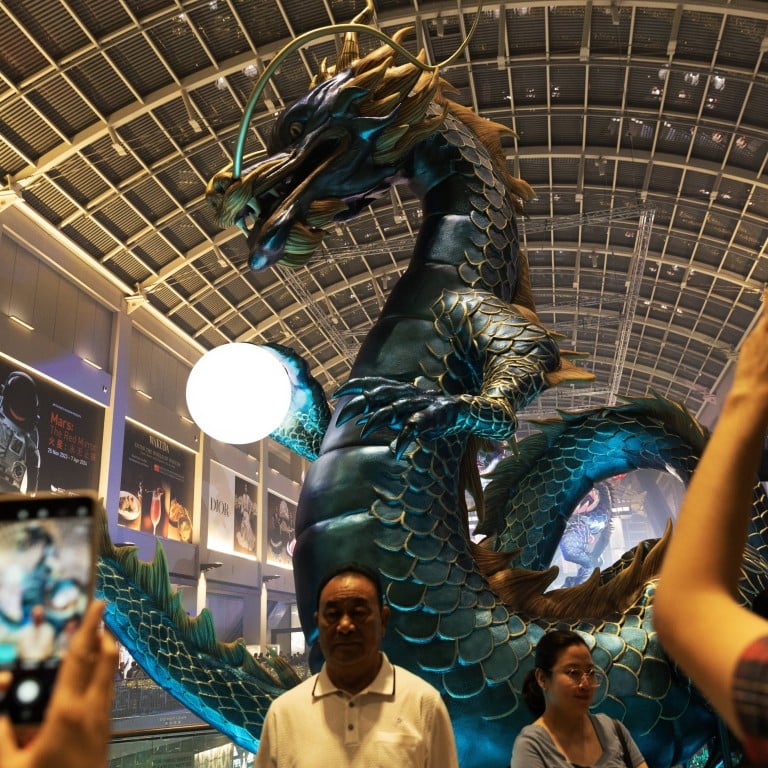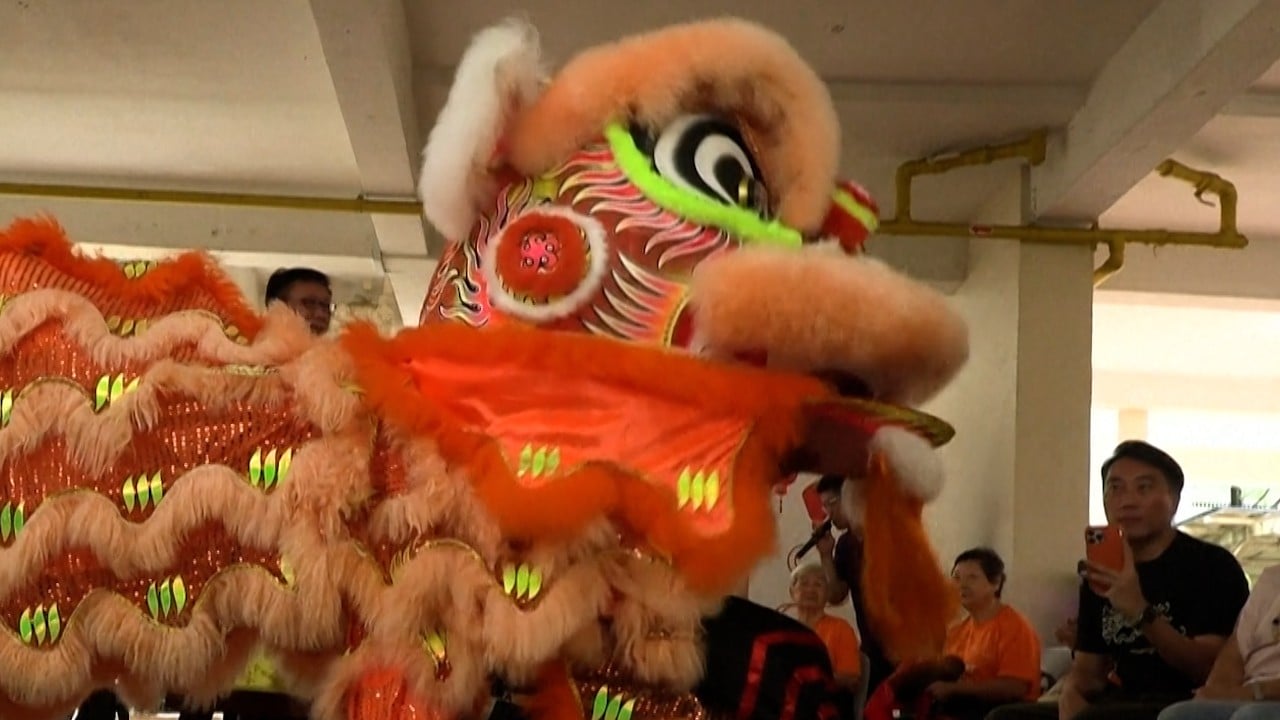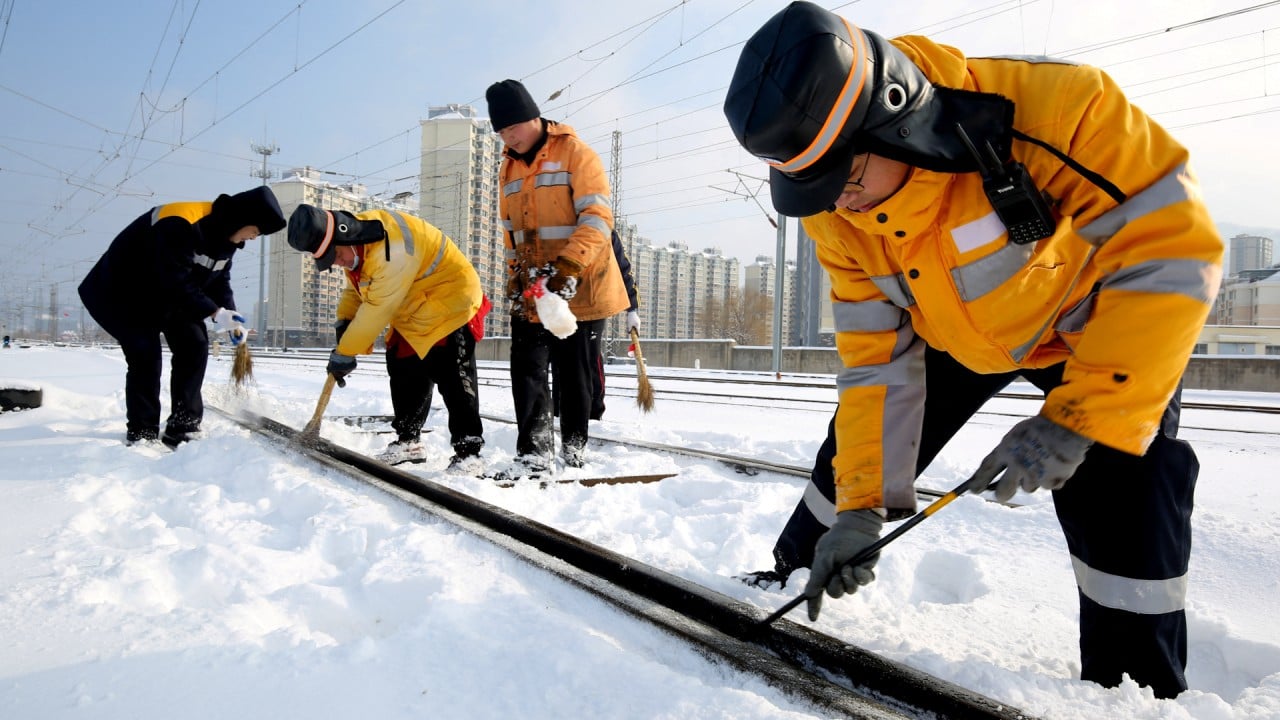
Ni hao, Singapore: China’s Lunar New Year holidaymakers revel in visa-free travel
- Visa waiver makes city state more accessible but early signs suggest Chinese tourists are not so interested in luxury shopping
- Bookings for the Southeast Asian destination are up but not yet at the levels seen before the pandemic
Under the agreement, travellers can now enjoy visa-free stays in either country for up to 30 days, extending the amount of time Singaporeans can spend in mainland China and removing a previous entry visa requirement for mainland Chinese visitors to Singapore.
The Southeast Asian city state, long popular with Chinese tourists, is hoping the agreement can give a further boost to its economy.
Early indicators suggest the visa waiver may already be yielding results but the lack of obvious activity at luxury boutiques point to a shift in spending among tourists.
Angel, from Yunnan province in southwest China, and her family were among the visitors who made the trip over the holiday.
“We like Singapore because it’s nearby and convenient, and it’s easier now that we don’t need a visa,” Angel said, waiting to pose for photos with an installation of three enormous Chinese dragon decorations hovering over the resort’s entrance.
The family has already been to Singapore several times, and intends to keep coming back.
“We’ve already been to other nearby countries, but we’ll keep coming back here because it’s not as expensive as Europe,” she added.
Travellers also seemed more cost conscious over at ION Orchard, an upmarket mall along the city’s main shopping belt.
While short queues formed at a handful of luxury boutiques, most customers emerged empty-handed. By contrast, mid-market stores like the shoe brand Charles and Keith were packed, as was the upmarket teahouse chain TWG.
“About 70 per cent of our footfall over the last two weeks has been from mainland Chinese,” said Adrian, a store assistant at a luxury boutique. He declined to be named as he was not authorised to speak to the media.
“But in my honest opinion, they’re not buying as much as they used to pre-Covid,” he added, saying that this might be because of the struggling Chinese economy and the stronger Singapore dollar.
Singapore last year logged 1.36 million visitor arrivals from China, its biggest source of tourists before the pandemic, according to data from the Singapore Tourism Board. it is a far cry from the 3.63 million Chinese visitors it drew in 2019.
But compared to far-flung locations like Paris or Rome, Singapore is an accessible alternative, building on a reputation for cleanliness and convenient transport.
It took the top spot in a 2023 survey of Chinese nationals’ most desired holiday destinations by marketing company China Trading Desk, beating out Europe, South Korea, and Thailand.
Bookings to Singapore for the Lunar New Year festive period by Chinese travellers soared 206 times compared to the same window last year, according to Edmund Ong, general manager of Trip.com Singapore.
Close to half of these bookings came from families, he added, with the Singapore Zoo, the Universal Studios Singapore theme park, and city tours being among the most popular attractions.
A director at a travel agency said her bookings from China had increased over the festive season, although by less than she had hoped for.
“Group sizes have shrunk and a lot of ‘free and easy’ individual travellers prefer a DIY approach instead of engaging a travel agent,” said Jasmine Li, the director of business development at Hong Thai Travel.
Bookings from China now make up around 30 per cent of her inbound business, compared with 35 per cent pre-pandemic.
China hopes tourism will boost economy. But what about foreign travellers?
Chinese tourists have also been spotted at unexpected locations, such as the city’s universities. Two of these have had a surge in complaints about tourist groups descending on the campuses for tours and disrupting classes, with one of the institutions saying it plans to introduce a visitor fee.
“We wanted to come to Singapore even before the visa waiver was announced, because it’s convenient and very clean, so it did not make much difference,” said first-time visitor Dana, who was visiting from the eastern province of Zhejiang with her husband and two young sons for a weeklong holiday.
She said they had not yet decided when they would come back.
“We’ll see how it goes. It’s only our first day so we’re still not very familiar with the city. But we’re enjoying it so far, the people are very welcoming,” she said.



